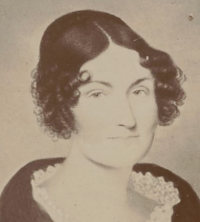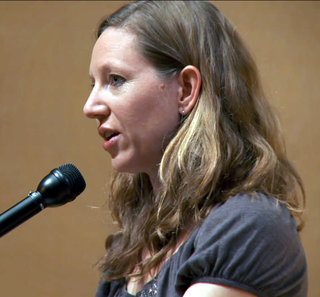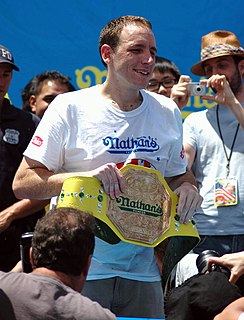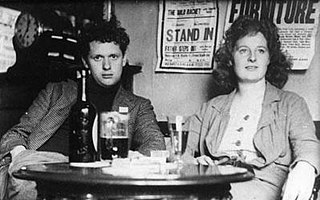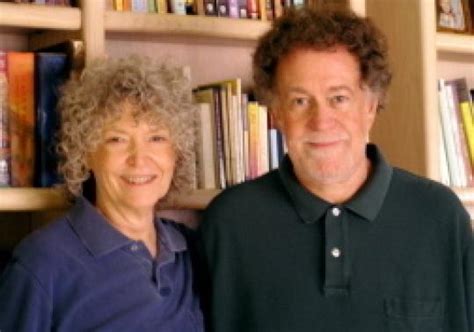A Quote by Russell Baker
Newspaper people, once celebrated as founts of ribald humor and uncouth fun, have of late lost all their gaiety, and small wonder.
Related Quotes
Gaiety is to good-humor as animal perfumes to vegetable fragrance. The one overpowers weak spirits, the other recreates and revives them. Gaiety seldom fails to give some pain; good-humor boasts no faculties which every one does not believe in his own power, and pleases principally by not offending.
...Cities may be rebuilt, and a People reduced to Poverty, may acquire fresh Property: But a Constitution of Government once changed from Freedom, can never be restored. Liberty once lost is lost forever. When the People once surrendered their share in the Legislature, and their Right of defending the Limitations upon the Government, and of resisting every Encroachment upon them, they can never regain it.
I got married three days after graduation, and the first thing I did what I was expected to do which was to work on a small newspaper. So we were in Chicago where my husband worked for the Chicago Sun-Times and we were having dinner with his editor and he said 'So what are you 'gonna do honey?' and I said 'I'm going to work on a newspaper', and he said 'I don't think so", because Newspaper Guild regulations said that I couldn't work on the same newspaper as my husband.
And then sometimes I think the people to feel saddest for are people who once knew what profoundness was, but who lost or became numb to the sensation of wonder – people who closed the doors that leads us into the secret world – or who had the doors closed for them by time and neglect and decisions made in times of weakness.
Have we not all, amid life's petty strife, Some pure ideal of a noble life That once seemed possible? Did we not hear The flutter of its wings, and feel it near, And just within our reach? It was. And yet We lost it in this daily jar and fret, And now live idle in a vague regret; But still our place is kept, and it will wait, Ready for us to fill it, soon or late. No star is ever lost we once have seen, We always may be what we might have been.



